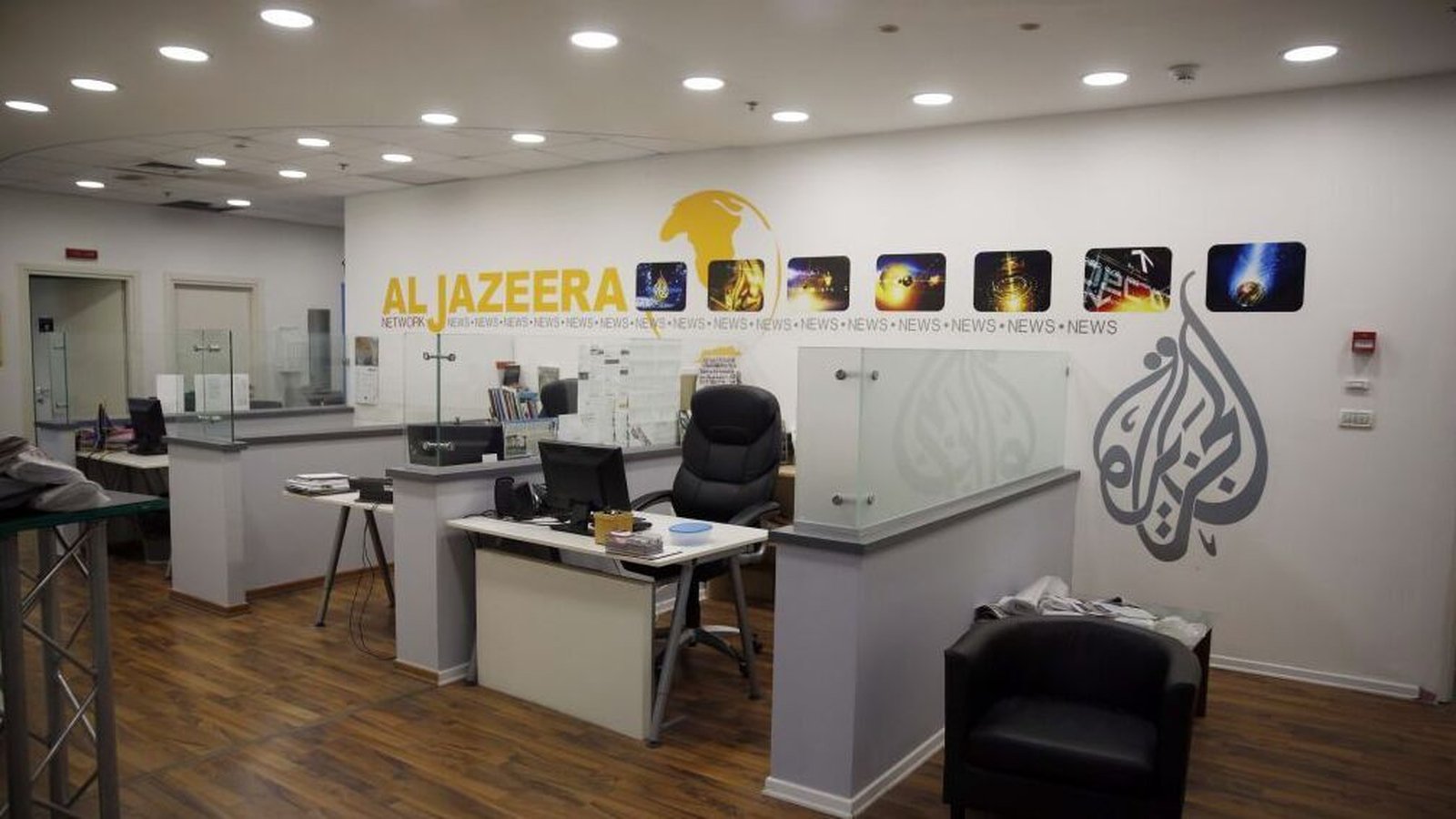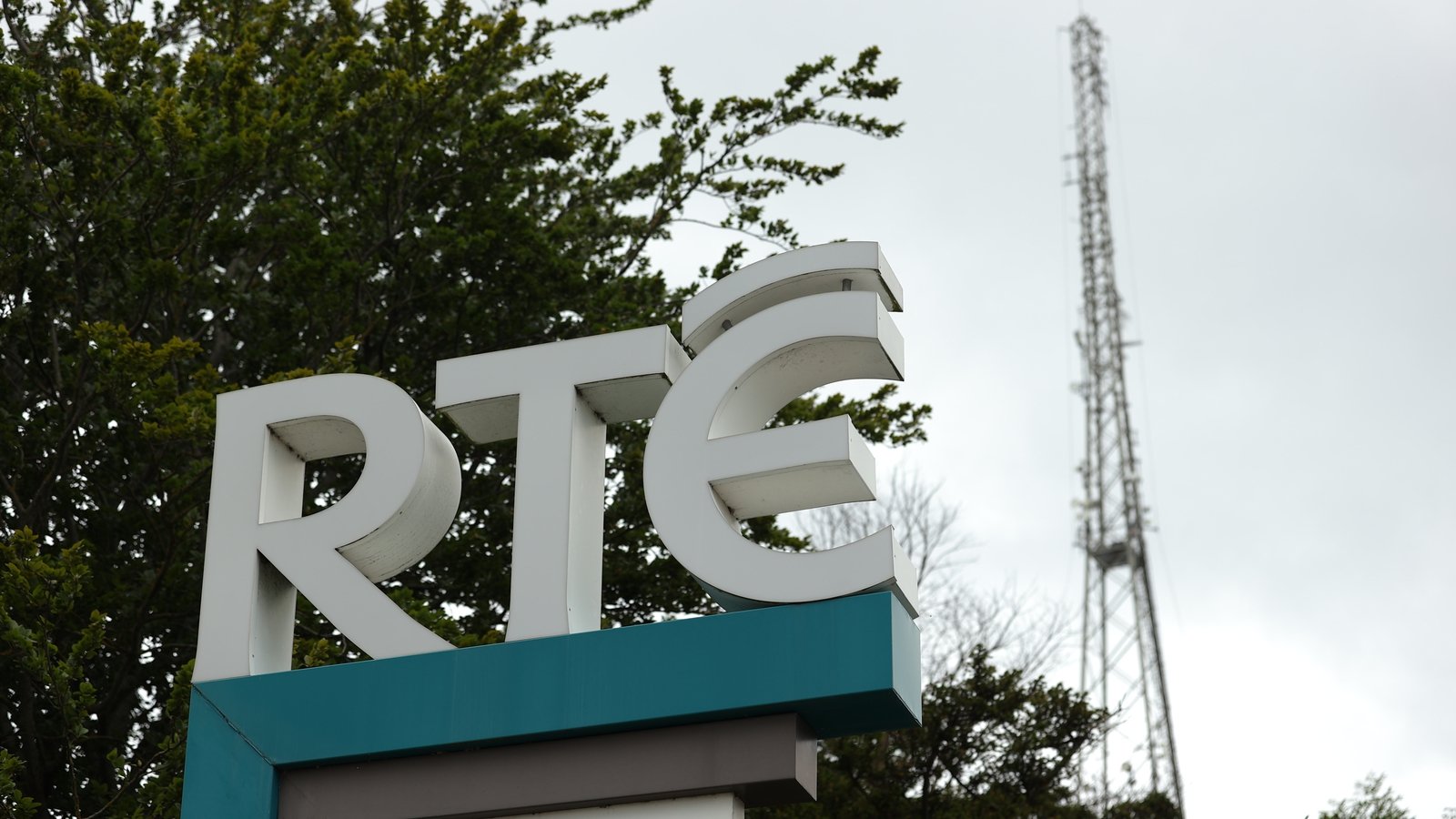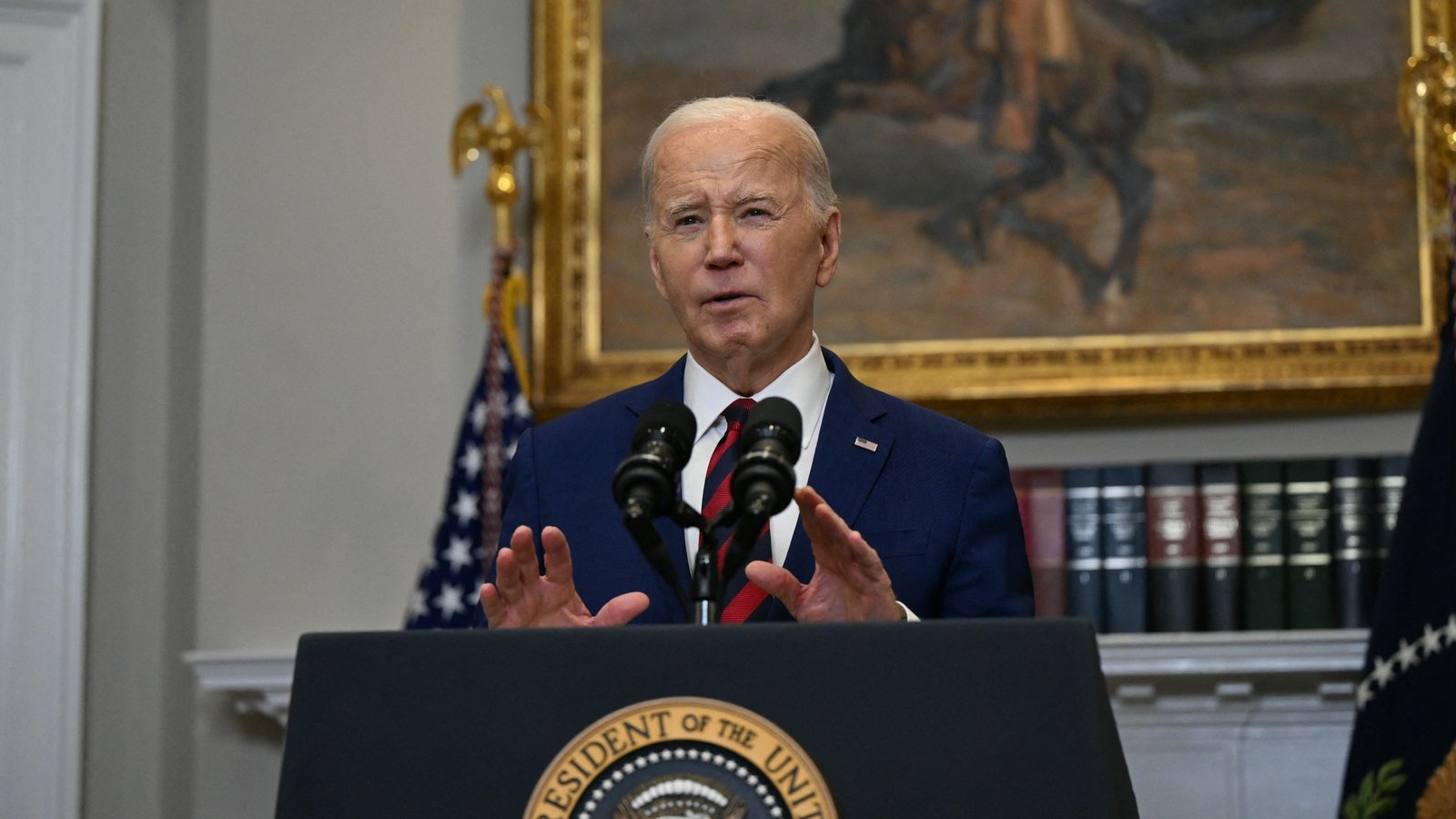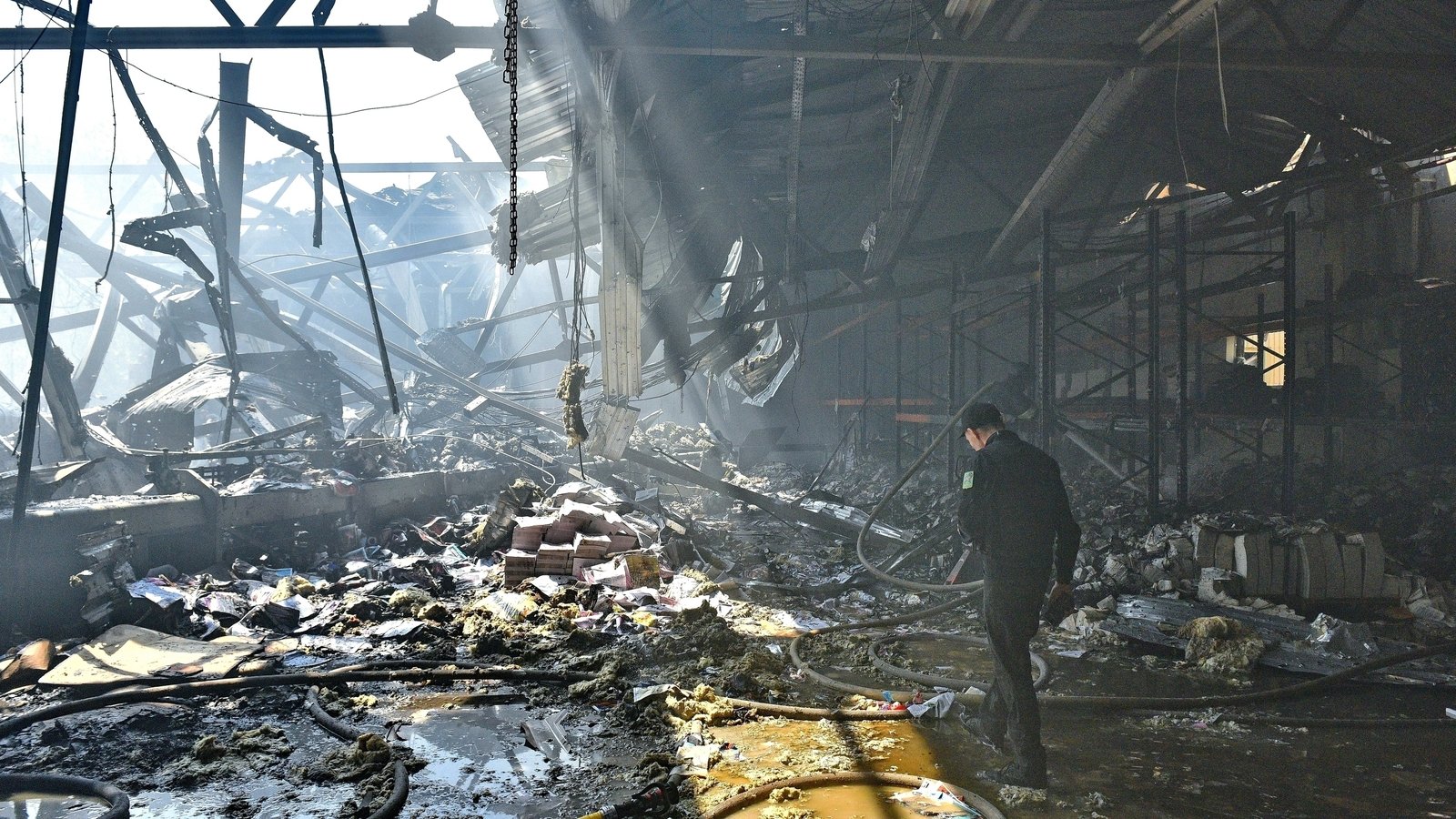Drug seizures, trials and riots amid top crime stories
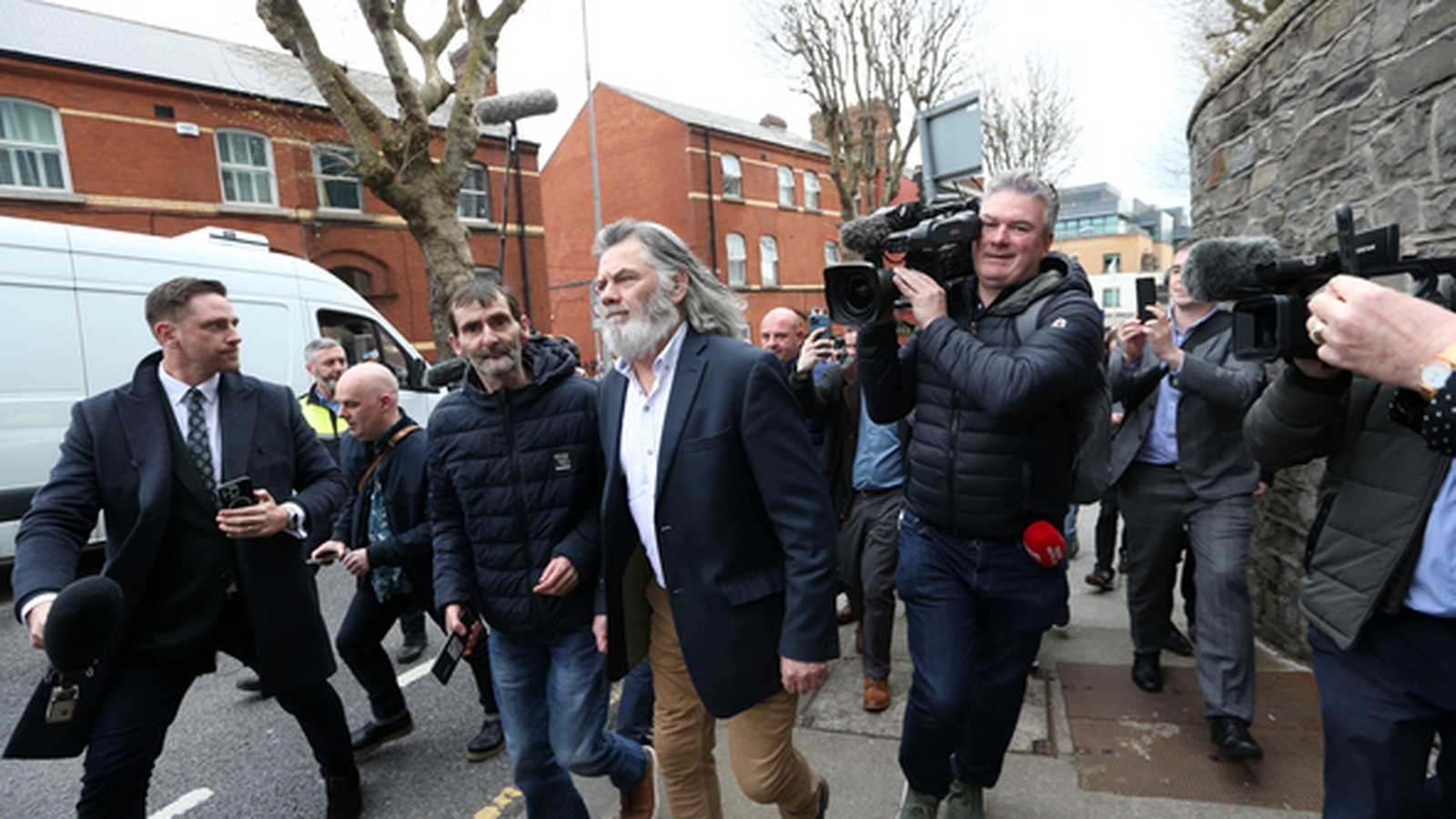
The image of a long haired and bearded Gerard Hutch walking out of the Special Criminal Court a free man after he was acquitted on 17 April 2023 of the murder of David Byrne at the Regency Hotel on 5 February 2016 has become iconic.
The 60-year-old walked quickly up and down Infirmary Road at the side of the courts building looking for a taxi, pursued by a media throng fruitlessly seeking a reaction or comment. He remained disciplined, detached and silent.
He was photographed and filmed by TV stations and mobile phones in footage that went viral. He also found himself accompanied by an unsolicited chaperone who in his own right later became an online ‘meme’ sensation.
The Garda Commissioner described the acquittal as “a setback”.
However, the verdict of the three judges also raised serious questions about the garda investigation into a feud between two criminal gangs that has so far cost eighteen lives and the state’s decision to use another gang member, former Sinn Féin councillor Jonathan Dowdall, as the main prosecution witness.
Hutch acquittal questions
Why was Gerard Hutch only charged with murder when he could also have been charged with other offences? The court found that he had control of and was in possession of the three AK 47’s used in the murder of David Byrne, at least a month later, on 7 March 2016.
On that day, Dowdall drove Hutch to Northern Ireland as he tried to get dissident republicans to intervene and mediate in the feud. They subsequently issued a false statement claiming responsibility for the murder and even though Hutch offered them the guns as a gift, he wasn’t charged with firearms offences.
The court also found that Gerard Hutch, as head of the Hutch family, was seen as the head of the Hutch Organised Crime Group, the criminal gang responsible for the Regency attack and the murder of David Byrne. However he wasn’t charged with directing a criminal gang either.
There is also the question as to why the State relied so heavily on the evidence of Jonathan Dowdall who turned out to be a disastrous prosecution witness and whom the court accepted was “a proven liar and master manipulator.”
We will probably never get answers to these questions because the Director of Public Prosecutions is totally independent. The DPP reviews evidence gathered by the gardaí and decides and directs the cases to be taken.
To be fair, hindsight is great sight and it’s easy now to ask questions that might never have been asked had the outcome been different.
However, as it now stands three people have been charged with the murder of David Byrne but none have been convicted. The case against Gerard’s nephew, Patrick Hutch junior collapsed; the DPP withdrew the charge of murder against Dowdall and Gerard Hutch was found not guilty.
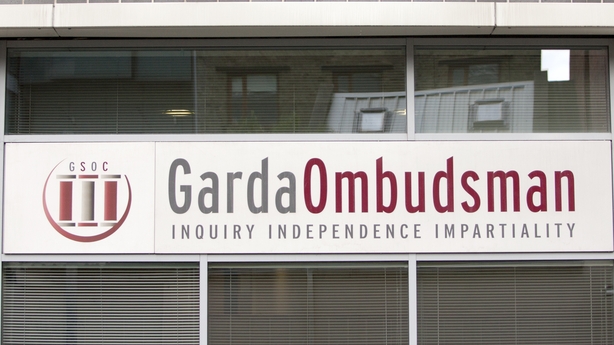
Gerry’s prison release party and the Ombudsman’s investigator
One of the most bizarre repercussions of the Hutch acquittal was the subsequent revelation that a senior investigator for the Garda Ombudsman Commission had attended the party to celebrate the gang leader’s release from prison.
The Garda Ombudsman, or GSOC, is the body set up to oversee the work of the gardaí and investigate disciplinary and criminal complaints against them. It transpired that its investigator who attended Gerard Hutch’s party had also worked on the GSOC investigation into the circumstances surrounding the death of Colm Fox who took his own life at Ballymun Garda station in February 2018.
At the time of his death, the late Detective Superintendent was in charge of the investigation into the murder of David Byrne at the Regency Hotel.
It was deemed highly inappropriate that a senior State investigator attend the party for a senior figure in Organised Crime. Another bizarre twist emerged when it was decided that in this case the people normally investigated by the Garda Ombudsman would now instead have to investigate the Garda Ombudsman.
GSOC called in the gardaí. The GSOC investigator was arrested on suspicion of an offence contrary to section 81, Garda Síochána Act 2005 on suspicion of disclosing information obtained in carrying out his duties. Detectives from the National Bureau of Criminal Investigation also searched the investigator’s house and office. The investigator was released without charge, and the investigation is continuing.
Bonney and Murphy
David Byrne’s family refused to comment after Gerard Hutch walked free but they have in the past expressed their anger and frustration about the failure of the state to convict members of the Hutch gang. This is not strictly true, as two of the getaway drivers were jailed in May for their roles in the murders.
Jason Bonney is a 52-year-old builder who lives in a luxury house in Drumnigh Wood in Portmarnock in Dublin. A former Irish international boxer, senior coach and president of Trinity Boxing Club, Bonney paid all his taxes, had no previous convictions and had not been on the garda radar.
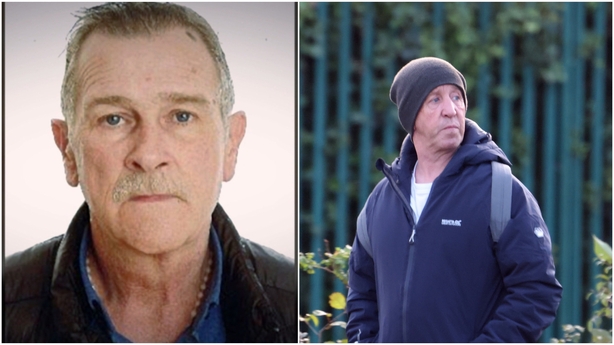
61-year-old Paul Murphy is a taxi driver from Cherry Avenue, Swords, in Co Dublin. He was a private in the army for twenty years before he left and worked in shops, hotels, pubs and security. A father of five, he has 67 previous convictions mainly for minor offences. He changed his name from Christopher Ryan to Paul Murphy and became a taximan.
The two getaway drivers sat in the dock beside Gerard Hutch for the 13-week trial. Both remained on bail and although they covered their faces on the way in and out of court, they were polite and friendly to everyone they met. They did not give evidence in their own defence, although Bonney sought to put his late father in the frame, a claim which deeply upset his family and required his brother in law to give rebuttal testimony.
Bonney and Murphy did not behave or appear like gangsters and yet on the day of the murder they had been at the gang’s “centre of operations” at Buckingham Village on the day of the murder. This was where the hit team left from on 5 February 2016 to carry out the shooting and both men each collected a gunman after the murder and drove them away.
In spite of the fact that Bonney was jailed for eight and half year and Murphy for nine years, it is fair to say that there are a lot more Kinahan than Hutch gang members in prison, either convicted or awaiting trial, and these include members of the Byrne family.
However it is also fair to say that one of the reasons that the Kinahan gang has been disproportionately targeted is that it is the most active and dangerous of the two gangs nationally and internationally. The vast majority of the Hutch/Kinahan feud victims, 16 of the 18 murdered, were affiliated to the Hutch gang. There hasn’t been a feud murder in almost six years.
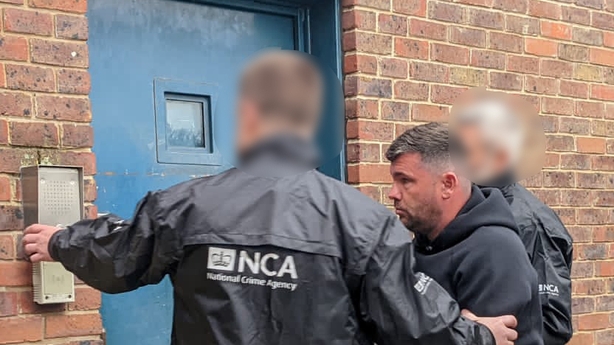
The Byrne Organised Crime Group
The Byrne Organised Crime Group has been identified as the Dublin branch of the Kinahan Organised Crime Group, but its franchise operation here has largely been dismantled and it’s senior gang members are in exile or in custody.
The Criminal Assets Bureau has also seized its cars, jewellery, cash and houses and closed down its business, LS Active Car Sales, which was operating as a front for its criminal activity and served as a location for the gang’s meetings.
The gang leader, Liam Byrne, lost his fight against extradition to the UK where he faces alleged firearms offences. He’s due in court again on 8 January 2024.
His brother in law Thomas ‘Bomber’ Kavanagh is serving 21 years in prison in the UK for money-laundering and drug trafficking, while ‘Bomber’s’ son Jack Kavanagh was also arrested in Spain around the same time as his uncle Liam Byrne and is also fighting extradition to the UK.
Their friend and key lieutenant Sean McGovern is currently in Dubai with Daniel Kinahan, but is wanted here for murder. McGovern was shot and injured in the gun attack at the Regency Hotel during which David Byrne was shot dead.
McGovern is one of the seven Kinahan gang leaders who were named and sanctioned by the US authorities.
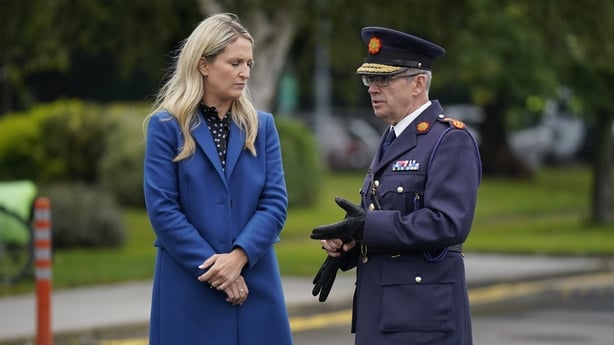
International diplomacy
This year also saw a dramatic increase in the diplomatic efforts of the state agencies to pursue and prosecute the leaders of the Kinahan Organised Crime Group, with the Minister for Justice currently pursuing an extradition treaty with Dubai.
New Garda Liaison Officers had already been established in Abu Dhabi, Bangkok, and Bogota in Columbia but this year, for the first time ever, a Garda Commissioner visited Dubai where the Kinahan Organised Crime Group is based.
The following month, a delegation of senior police officers from Dubai, arrived in Dublin and met senior officers from the Drugs and Organised Crime Bureau. Gardaí said the three – a major, a captain and a lieutenant – were in Ireland to co-operate and provide assistance to the gardaí in the investigation into the Kinahan Organised Crime Group, specifically in relation to the financial links between the Kinahans and the recent seizure of the largest cocaine shipment in the history of the State.
A substantial file on the Kinahan gang is also being considered by the Director of Public Prosecutions.
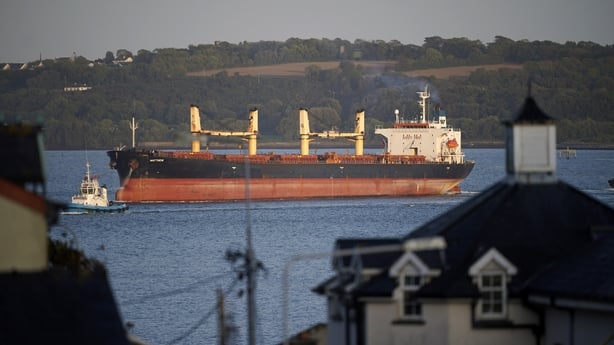
Drugs by sea
The MV Matthew was seized on Tuesday 26 September in an unprecedented military operation co-ordinated by a multi-agency task force involving gardaí, Customs and the Defence Forces.
The Naval Service fired warning shots but the container ship tried to escape into international waters and refused to stop. Had the weather been better the Navy would have launched a boarding party but it would have been very hard to board because the ship was 190 metres long and had an exceptionally high freeboard.
Instead, Army Rangers fast roped down from a helicopter on to the deck in the open sea. Less than an hour earlier they had been appointed customs officers with powers to board and secure the vessel – the first time this legislation was used.
When the ship was towed to Cork Harbour and searched, more than 2.2 tonnes of cocaine worth over €157million was found.
We need your consent to load this Datawrapper contentWe use Datawrapper to manage extra content that can set cookies on your device and collect data about your activity. Please review their details and accept them to load the content.Manage Preferences
The ship had previously spent nine days in Curacao the Dutch Caribbean – an island off the coast of Venezuela. International law enforcement agencies describe it as one of the major on-points for the trafficking of Cocaine and believe the drugs were loaded there before it sailed for Europe on 19 August.
Gardaí believe the cocaine most likely originated from the clandestine production factories of the largest criminal organisation in Columbia, the Clan del Golfo. It has connections with Mexican cartels and organised crime gangs in Europe, the United States and the Middle East.
Its leader Dairo Antonio Usuga was extradited to the US last year and was last month sentenced to 45 years in prison after he admitted running a vast drugs empire which engaged in torture and murder.
“There’s no large shipment like this coming into our ports or transiting our country without an Irish criminal group involved,” Assistant Garda Commissioner Justin Kelly said.
“This is a huge hit for the people involved and it sends a message that Ireland isn’t an easy place to import drugs in to and that we will be relentless and determined to disrupt and dismantle criminal gangs.”
Drugs by air
In spite of this determination, the drugs shipments keep coming. They will do so long as the demand continues and not just by sea. Over €200m worth of drugs were seized in 2023. 13 of those seizures were worth over €1m each.
The organised crime gangs sustained another “huge hit” on 19 December when another bulk carrier was searched and another €21m worth of cocaine was found after the ship docked at Foynes Port in Limerick.
The head of the Drugs and Organised Crime Bureau, Detective Chief Superintendent Seamus Boland, says the demand for cocaine here is being driven not by impoverished or disadvantaged addicts, but by educated, employed professionals who order it on messaging services and take no responsibility for the damage the organised crime gangs do to society.
Three weeks earlier, sixty kilos of heroin worth an estimated value of €8m was seized at Weston Airport, the largest seizure of the drug in 2023. It was flown into Ireland on a Cesna 182 and was destined for the Irish market.
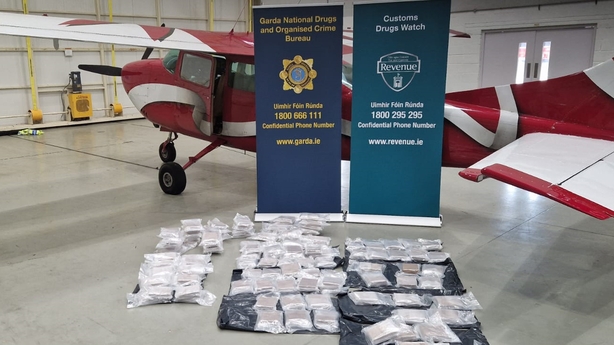
While South American cartels have long used small planes to fly drugs into North America, their use here for drug trafficking is a relatively new but growing phenomenon.
Light aircraft are being used because they can land and take off in a short time, they can change course and flight plans quickly and they can carry large quantities of drugs.
Christy Kinahan, the head of the Kinahan Organised Crime Group, recently tried to buy Egyptian Air Force planes. However gardaí believe the criminal gang known as “The Family” was responsible for this heroin shipment.
As the name suggests, the gang is a family based operation, some of who’s members are already convicted drug dealers and have served time in prison. The gang is based in west Dublin and supplies drugs not just in Ballyfermot, Ronanstown, Clondalkin and Tallaght but also nationally through its links with other criminal gangs.
It is, the gardaí say, the primary heroin dealing gang in the country and has quietly established itself as such in recent years. But the impact of its criminal activity and that of other gangs is evident in the towns and cities all over Ireland, as is the risk to public health.
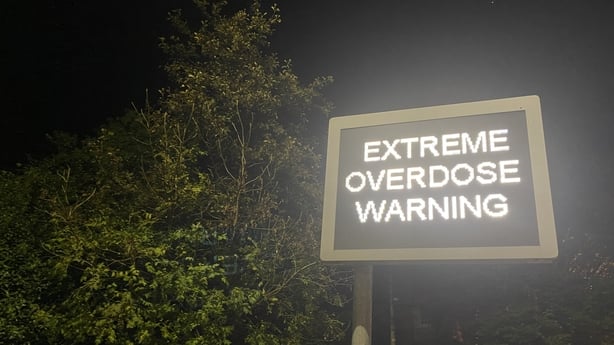
Drug addicts began collapsing “very quickly” in Dublin as the ambulance service reported they were receiving an “unprecedented” number of calls about overdoses.
There were 24 overdose call outs on 9 November alone, and more than 40 people fell seriously ill Dublin, Another seventeen subsequently in Cork.
All survived, but it subsequently emerged they had been poisoned after taking protonitazine, a synthetic opoid, not heroin. The HSE and Forensic Science Ireland warned that it carries “a substantial risk of overdose, hospitalisation and death.”
Lives were only saved because of the availability of the drug Naloxone. FSI also discovered drugs being sold disguised in sweets, crisps, cakes and chocolate.
Gangland drug dealers, gunmen and victims
As the overdoses indicated, drug abuse was prevalent all over the country and this year the biggest drug dealer jailed outside Dublin was Barry Young. Young ran one of the four main drugs gangs in Sligo, directing twenty members operating on a hierarchical structure.
Gang members and drug dealers reported to him through a chain of command and he directed the movements of drugs and cash, as well as the enforcement of the debts owed. He was also connected to drugs seizures in Ballina and Sligo and an attack on a family home with children in Galway
Gardaí from Sligo linked Young to over €500,000 worth of drugs, €55,000 in cash and at least another €60,000 in various bank and credit union accounts. The 38-year-old was arrested on a plane at Dublin Airport on his way to Spain in January 2022. He had been planning to move there permanently.
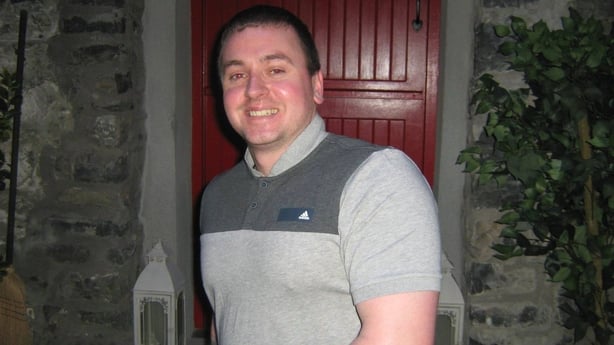
Young had set up a car recovery business in Sligo and a house cleaning business registered in Alicante in Spain to launder the drugs money. He had access to seven accounts, including one in Madrid where the drugs money was deposited. Described by Mr Justice Tony Hunt in the Special Criminal Court as “a scourge” on his community for years, he was jailed for 11 years.
Young also had links to the major Dublin criminal gangs who also acted as “enforcers” for him and came down from the capital to sort out local disputes.
However several of these enforcers and gunmen were also jailed this year. These include Conor Dolan, who lured his friend and fellow gangster Neil Fitzgerald to rural isolated area outside Tallaght in Dublin in June 2016 and shot him dead when his back was turned.
Dolan gave an interview on a smuggled in mobile phone from his prison cell in the Midlands Prison, boasting he would be acquitted before he changed his plea to guilty and was jailed for life.
Michael Carroll was another Kinahan gunman imprisoned this year for two feud-related gun attacks. He first tried but failed to shoot Gerard Hutch’s brother John Hutch in September 2016, before shooting another Hutch gang associate, Edward Staunton, six months later.
Carroll was lured by the huge sums of money the Kinahans were offering to kill any Hutch family member or gang associate. He was jailed for 22 years at the Special Criminal Court
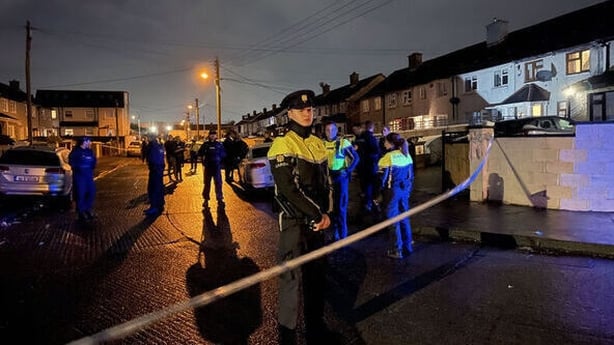
However after a lull over the past few years largely due to the affects of the pandemic and gardaí targeting of the gang members involved in the feud, gang-related murder once again became a feature of organised crime in the city.
Finglas drug dealer Brandon Ledwidge was shot dead at his home in Barry Drive after he decided to set up in his own as a rival to a powerful local street dealing drugs gang. It was the first organised crime related murder of 2023. There were five in 2022, on in 2021 and three in 2020.
The relatively low gang murder rate in recent years is in marked contrast to the high levels when the Hutch-Kinahan feud was at its most violent and in the years leading up to it. There were 23 gangland murders in 2010, accounting for 37% of all murders that year.
In the year of the Regency attack there were 14 gangland murders, 34% of all murder. Since then however the gangland murder rate has dropped significantly as gardaí saved more lives. Since 2016 they say they have saved 80 lives in threat to life interventions.
The reality is that in spite of the activities of organised crime groups here, Ireland is a relatively safe country. Ireland is the third safest country in the world on the 2023 Global Peace Index, just behind Iceland and Denmark. It was number 2 last year. The UK is at number 37.
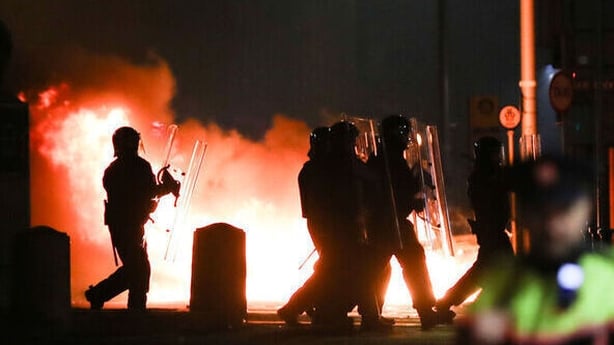
The riots and the far right
Riots and serious violence broke out on the streets of Dublin, precipitated by an attack on young children and their carer outside a school in Dublin city centre.
A man appeared in court on Thursday 21 December charged with eight counts, including three counts of attempted murder, in connection with the attack outside the school on Parnell Square.
As well as the investigation into the stabbing, there are also probes under way into the riots and into the role played in the violence by far right agitators on social media. It is an offence to produce and circulate threatening abusive or insulting text or recordings if its designed or likely to stir up hatred.
There has been strong criticism of the garda management, who have been accused of adapting a failed policy of appeasement towards the far right and consequently of losing control of Dublin city centre. Commissioner Drew Harris has rejected these.
However, the violence and looting has also highlighted a number of other issues for the gardaí, including a fear of oversight which prevented some gardaí using the requisite force, the lack of resources and equipment and the retention, recruitment and retirement crisis.
A Garda review of the policing response by Assistant Commissioner Paul Cleary identified communication and absence of necessary equipment on the night. He found that central control could not communicate with the public order unit on the ground because their helmets had no earpieces.
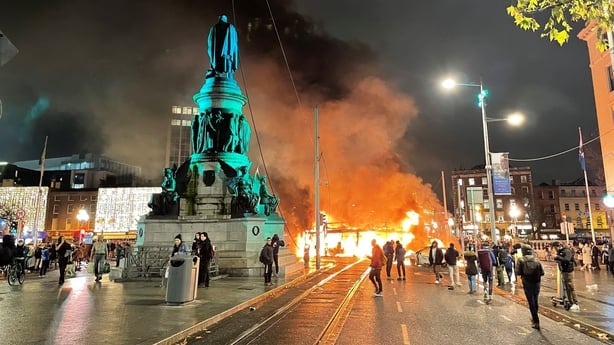
This has resulted in the gardaí being issued with new equipment, including stronger incapacitant spray, tasers, water cannon and lighter more versatile riot shields, as well as new legislation for body cameras and FRT.
Calls from opposition politicians for both the Commissioner and Minister for Justice to resign have been rebuffed, but the vast majority of rank-and-file gardaí said, in a historic vote earlier this year, that they do not have confidence in Drew Harris.
There is also discontent among the senior ranks who refused to apply for the vacant position of Deputy Commissioner because of punitive pension provisions which the Government has refused to address and ‘long fingered’ until late next year and beyond.
The number of gardaí on the street is a real issue. Gardaí are no longer as obvious on the beat as they were and people say if they are seen, they are invariably driving by in cars.
In the short term there appears to be sufficient gardaí in Dublin city centre for the Christmas period but with current numbers, this level activity does not seem sustainable and a long-term plan is needed.
The abilities of the Minister, the Commissioner and senior garda management to solve the problems in the justice sector will continue to be tested in 2024.

